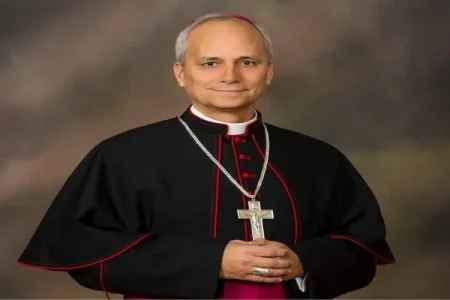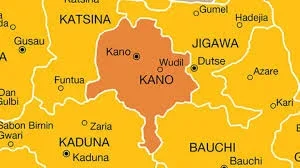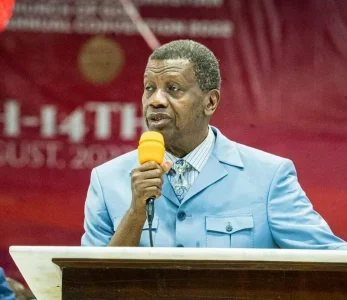
The Vatican has witnessed a historic moment with the election of Cardinal Robert Francis Prevost as the new pope. He has taken the name Pope Leo XIV, becoming the first American to hold the position. Known for his missionary work, leadership experience, and reform-minded approach, here are 7 things you should know about the new pontiff and what his election could signify for the future of the Catholic Church:
- Cardinal Robert Prevost has made history as the first-ever American pope. Born and raised in Chicago, his election marks a significant shift in the papacy, making him a leader who represents a new chapter for the Church with fresh perspectives from the United States.
- Pope Prevost chose the name Leo XIV, following in the footsteps of Pope Leo XIII. This name is symbolic of his intention to continue advocating for social justice and to maintain a focus on progressive reforms within the Church, echoing the actions of the 19th-century pope known for his focus on the Church’s role in social issues.
- Before his election, Pope Leo XIV spent years in South America, particularly in Peru, where he worked as a missionary in the city of Trujillo and later served as bishop of Chiclayo. His deep roots in Latin America could play a central role in addressing the concerns of Catholic communities in the region.
- Cardinal Prevost is described as a calm, thoughtful leader. He’s known for his balanced approach, handling challenges with a steady hand. His leadership style emphasizes collaboration and inclusivity, allowing him to gain respect across the Vatican’s ranks. This could translate into a papacy marked by thoughtful, measured decisions.
- As someone who worked closely with Pope Francis, Prevost is expected to continue many of the reforms and initiatives established by the late pope. His papacy is likely to focus on issues like climate change, migration, and social justice, reflecting Francis’ inclusive and global approach to the Church’s mission.
- Before his election, Prevost served as the head of the Vatican’s Dicastery for Bishops, overseeing the selection of bishops worldwide. This experience has equipped him with a deep understanding of the inner workings of the Church, positioning him to strengthen its leadership and address critical concerns globally.
- Pope Leo XIV inherits a Church facing numerous challenges, including addressing the ongoing effects of clerical abuse scandals, political divides within the Church, and an increasingly polarized global landscape. His ability to navigate these issues and foster unity within the Church will define his papacy.




